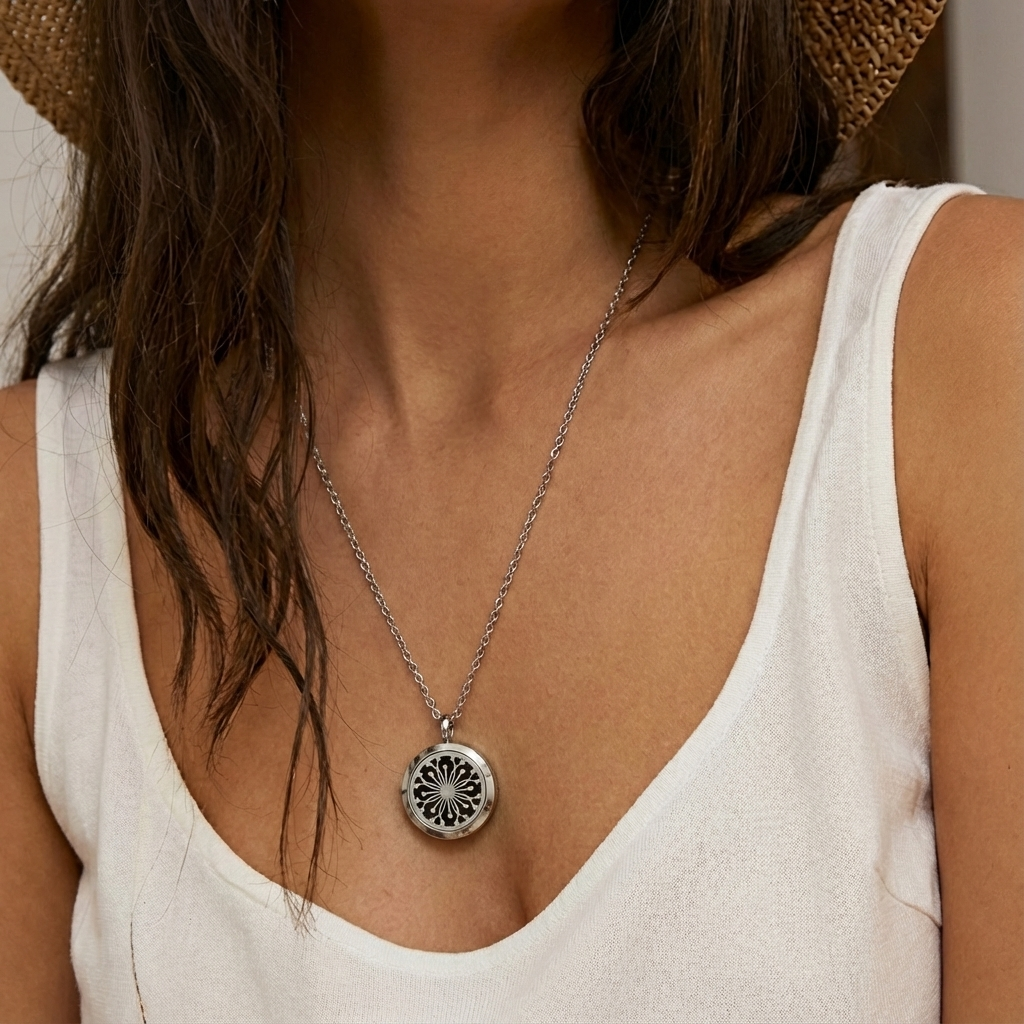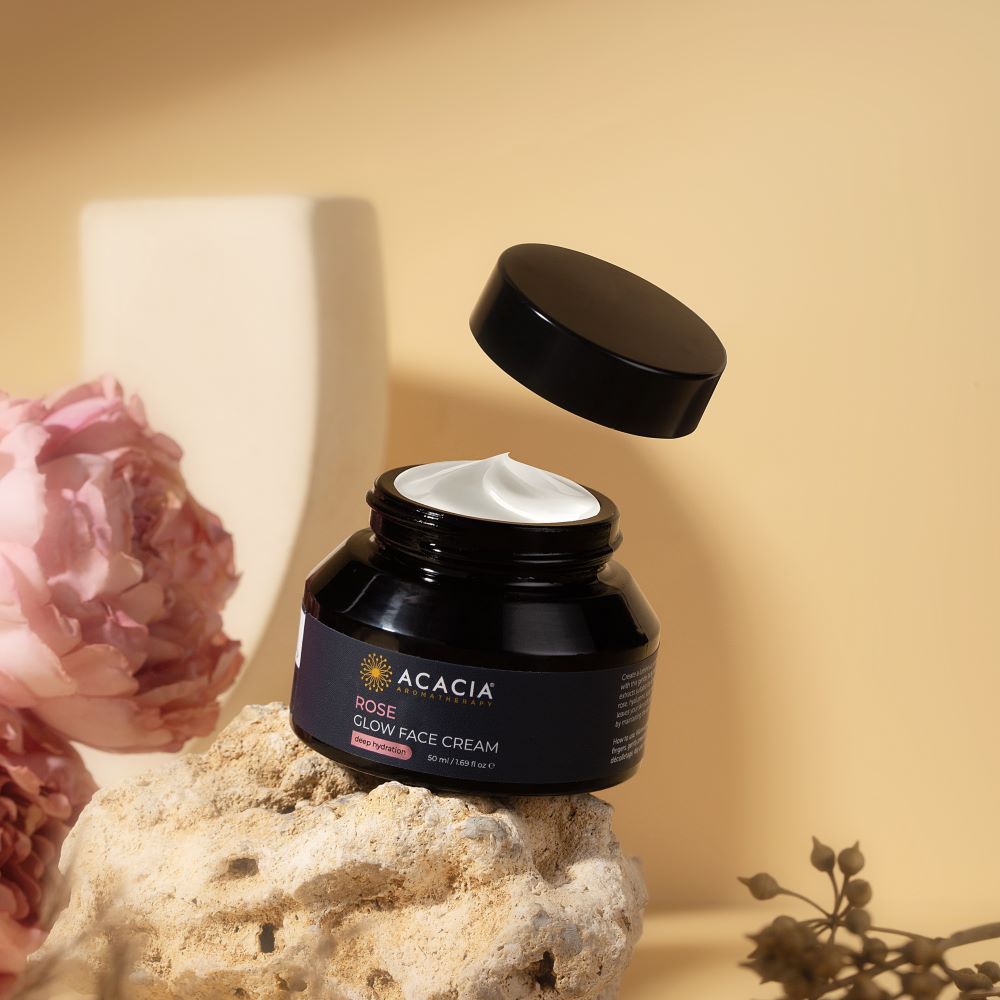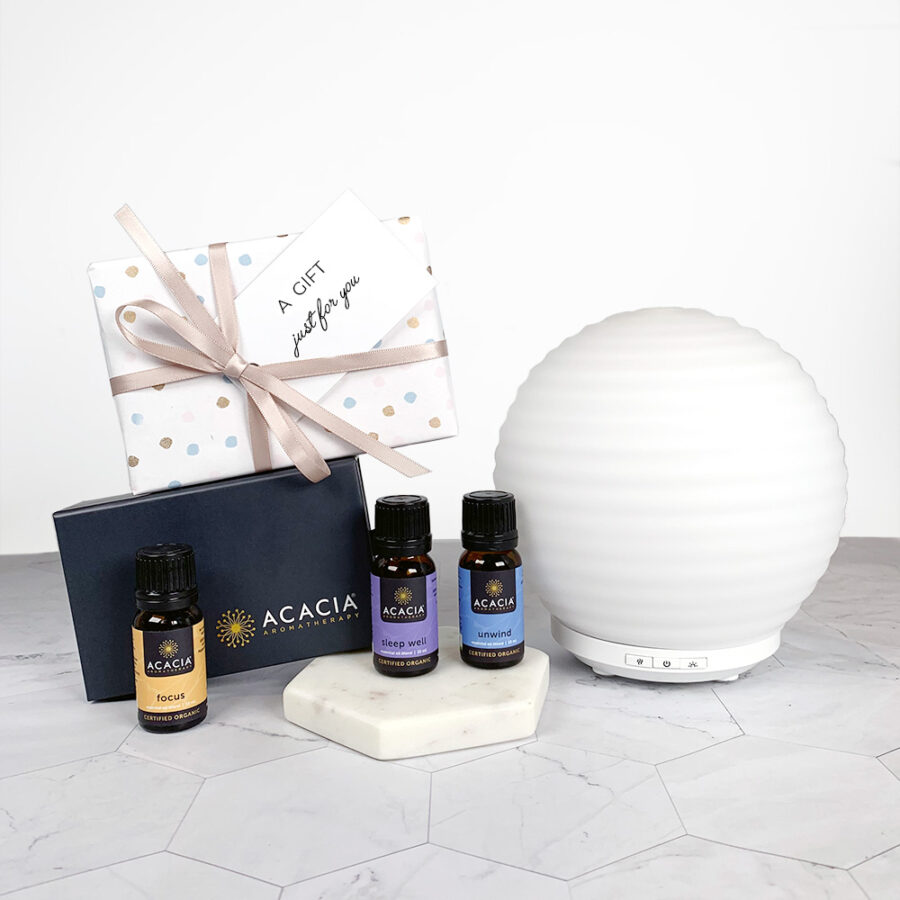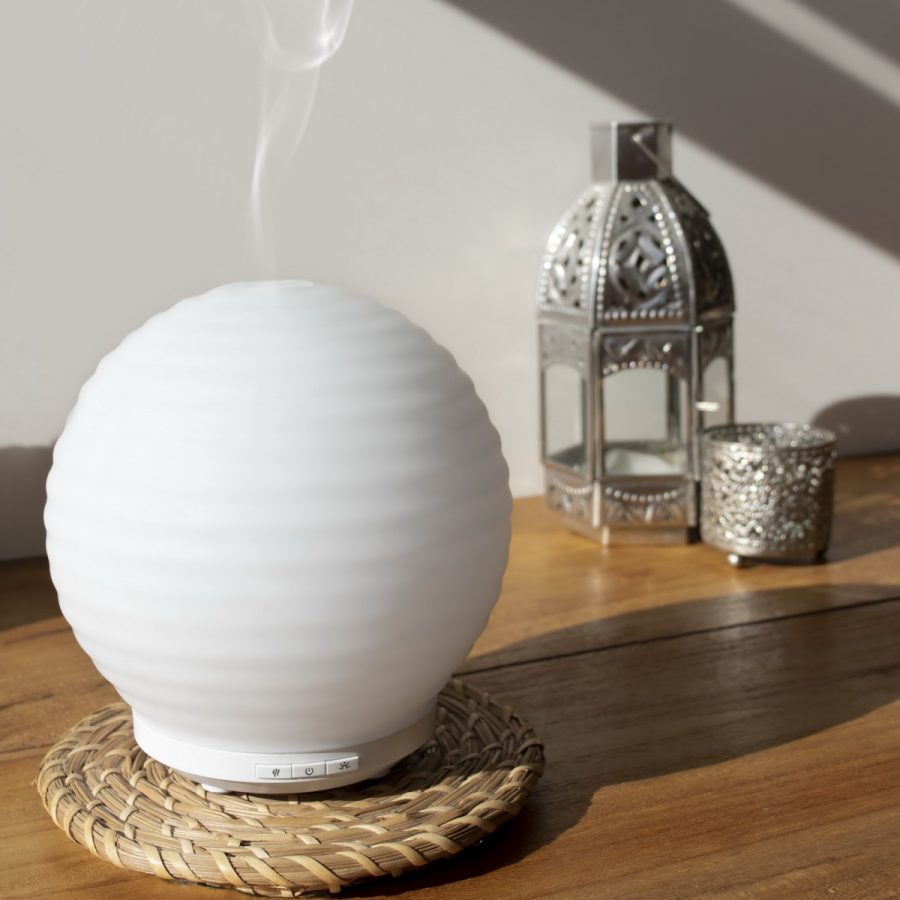Free Shipping for orders over $50 within Australia.
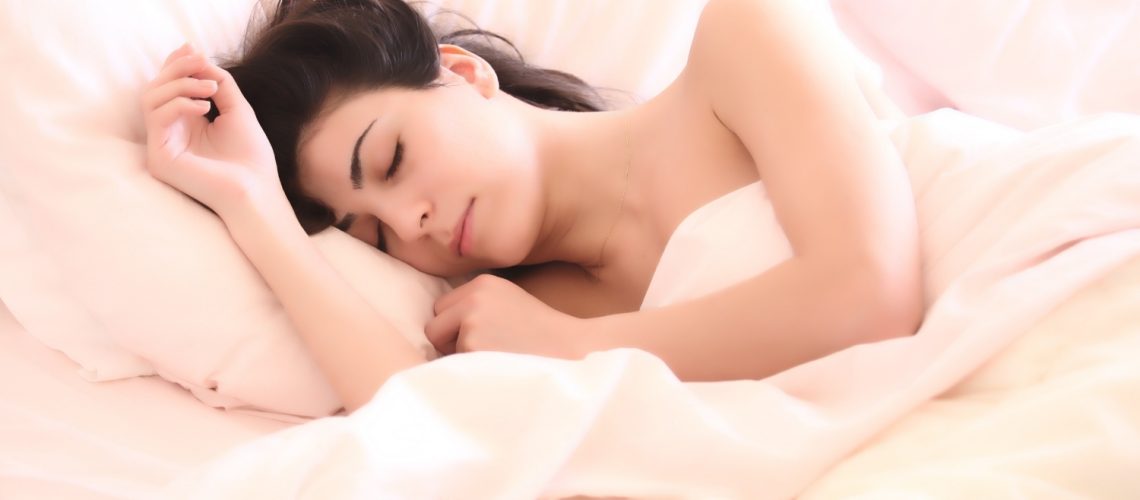
5 Tips For Better Sleep
Getting good sleep in today’s fast-paced lifestyle is difficult. Sometimes we can find ourselves wide awake in bed, unable to sleep and then nodding off in the middle of the day. But there are things you can do to get better sleep through a series of behavioural changes. Collectively, healthy sleep habits are known as ‘sleep hygiene’ and have been proven to improve physical health, improve your mood, and strengthen memory retention. So, what can you do to start sleeping better?
Have a sleep ritual
A relaxing pre-bedtime ritual will help your mind and body adjust between wakefulness and sleep. What better way to relax than to take a bath with your favourite relaxing essential oils? Lavender’s floral scent is known to calm and soothe the mind and is great for a bath singly or in a blend. Add 3-8 drops of essential oils with a carrier oil (we recommend coconut oil or jojoba oil) and agitate the surface of the bath to disperse the oil. Please note that not all essential oils are suitable for bathing use. Avoid using herbaceous essential oils and some citrus oils which may irritate the skin.
Reading a book or listening to a podcast in bed is another great way to wind down and relax. Diffuse a calming scent such as Peaceful Dreams or Sleep Well to prepare for sleep.
Switch off devices
It is recommended to discontinue screen time at least 1 hour before bedtime. This is because the blue light from screens can disrupt your natural body clock and keep you up at night. Not only that, the constant notifications and activity on your screen will keep your mind awake and active during the night.
Set a sleep schedule
Try to wake up and go to bed at the same time every day. Even if you’ve had little sleep the night before, try to wake up at the same time regardless as this will help you sleep better the next night. A sleep schedule will regulate your internal body clock to expect rest at a certain time each day.
Avoid stimulants
Stimulants such as caffeine can keep you up at night, so avoid them 4-6 hours before bedtime. This includes nicotine and alcohol which can interfere with your sleep.
Limit naps in the evening
Naps can interfere with your sleeping patterns as they can decrease your drive to sleep at night. It is recommended to nap before 5pm, if at all. Practising healthy sleeping habits in the long run will improve the quality of your sleep and decrease your need for naps throughout the day.
- Share:
-
Bliss Diffuser Necklace and Organic Essential Oil Set
$63.90Original price was: $63.90.$48.95Current price is: $48.95. Select options -
Rose Revival Collection
$215.75Original price was: $215.75.$125.00Current price is: $125.00. ADD TO BAG -
Neptune Aroma Diffuser and Trio Oils Set
$191.80Original price was: $191.80.$115.00Current price is: $115.00. Select options




